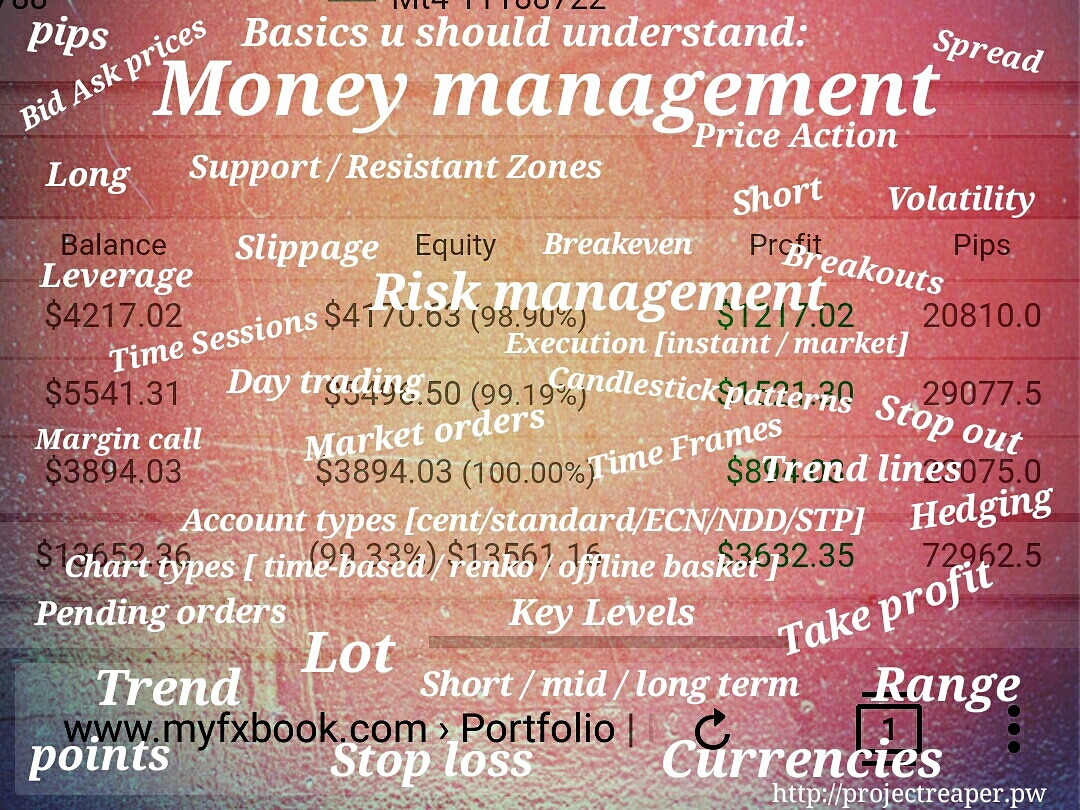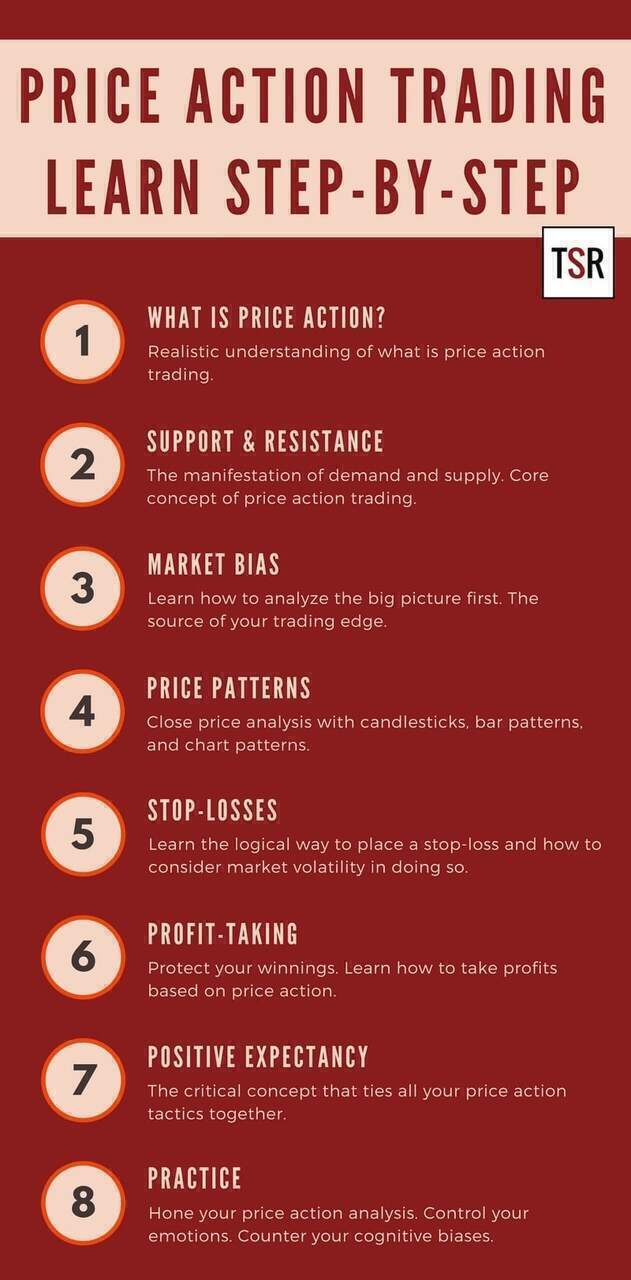Beginner Trading Learning: Unlock Your Financial Potential
So, you've probably heard about trading and how it can be a game-changer for your finances, right? Beginner trading learning is more than just buying and selling stocks; it's about building a solid foundation for your financial future. Imagine diving into the world of trading without knowing the basics – sounds like a recipe for disaster, doesn't it? But don't worry, because we've got your back. This guide will take you through everything you need to know to get started on the right foot.
Trading isn't just for Wall Street sharks anymore. Nowadays, anyone with an internet connection can start trading from the comfort of their own home. But here's the thing – success doesn't come overnight. It takes time, patience, and most importantly, knowledge. Beginner trading learning is all about equipping yourself with the tools and strategies you need to navigate the markets like a pro.
And guess what? You don't have to be a financial guru to understand the basics. With the right mindset and resources, anyone can learn how to trade effectively. So, if you're ready to take control of your financial future, keep reading. We'll break down the essentials of beginner trading learning and show you how to turn your dreams into reality.
- Unveiling The World Of Diva Flawless Xxx Video A Comprehensive Guide
- Lara Rose Leaked The Truth Behind The Headlines
Why Beginner Trading Learning Matters
Let's face it – the world of trading can be intimidating, especially for beginners. But here's the thing – learning how to trade is one of the most empowering skills you can develop. It gives you the ability to take charge of your finances and create wealth on your own terms. Beginner trading learning isn't just about making money; it's about building a foundation for long-term success.
So, why does beginner trading learning matter? For starters, it helps you understand the markets and how they work. Without this knowledge, you're essentially flying blind. But with the right education, you can make informed decisions that lead to profitable trades. And let's not forget about risk management – a crucial aspect of trading that many beginners overlook. By learning how to manage risk effectively, you can protect your capital and avoid costly mistakes.
Common Mistakes Beginners Make in Trading
Now that we've established why beginner trading learning is important, let's talk about some common mistakes that newcomers often make. One of the biggest blunders is jumping into trading without doing proper research. It's tempting to follow the latest trends or listen to so-called "experts" on social media, but this approach can lead to disaster. Instead, take the time to educate yourself and develop a solid trading plan.
- Jameliz Leak The Untold Story Behind The Viral Phenomenon
- Oxleak Uncovering The Hidden World Of Digital Security And Privacy
Another common mistake is overtrading. Many beginners get caught up in the excitement of trading and end up making too many trades, which can lead to significant losses. It's important to remember that trading is a marathon, not a sprint. Focus on quality over quantity and stick to your trading plan. And finally, don't underestimate the importance of psychology in trading. Emotions can cloud your judgment and lead to poor decision-making, so it's crucial to stay disciplined and objective.
Essential Concepts for Beginner Trading Learning
Before diving into the world of trading, there are a few essential concepts you need to understand. First and foremost, let's talk about the different types of markets. There's the stock market, forex market, commodities market, and more. Each market has its own unique characteristics and requires a different approach. For example, the stock market is typically more stable, while the forex market is known for its volatility.
Another key concept is technical analysis. This involves using charts and indicators to predict future price movements. While it may sound complicated, technical analysis is actually quite straightforward once you get the hang of it. By learning how to read charts and identify patterns, you can make more accurate predictions and improve your trading performance.
Understanding Market Trends
Market trends are another important aspect of beginner trading learning. A trend is essentially the direction in which the market is moving. There are three main types of trends: uptrends, downtrends, and sideways trends. Uptrends occur when prices are consistently rising, while downtrends happen when prices are falling. Sideways trends, on the other hand, occur when prices are moving within a narrow range.
Recognizing trends is crucial for making profitable trades. By identifying the current trend, you can position yourself to take advantage of market movements. For example, if you spot an uptrend in a particular stock, you might consider buying it with the expectation that prices will continue to rise. Conversely, if you notice a downtrend, you might want to consider selling or shorting the stock.
Building a Solid Trading Plan
A trading plan is like a roadmap for your trading journey. It outlines your goals, strategies, and risk management techniques. Without a solid trading plan, it's easy to get lost in the markets and make costly mistakes. So, how do you create a trading plan that works for you?
Start by defining your objectives. Are you looking to generate passive income, or are you aiming for long-term wealth creation? Once you know what you want to achieve, you can develop strategies that align with your goals. For example, if you're focused on passive income, you might consider swing trading or dividend investing. On the other hand, if you're aiming for long-term growth, you might want to focus on value investing or index funds.
Risk Management Techniques for Beginners
Risk management is one of the most important aspects of beginner trading learning. It involves identifying potential risks and taking steps to mitigate them. One effective technique is setting stop-loss orders, which automatically sell your position if the price falls below a certain level. This helps limit your losses and protect your capital.
Another key strategy is diversification. By spreading your investments across different assets and markets, you can reduce your overall risk. Think of it like not putting all your eggs in one basket. If one investment doesn't perform as expected, your other positions can help offset the losses. And finally, always trade with money you can afford to lose. This ensures that you won't be devastated if things don't go as planned.
Popular Trading Platforms for Beginners
Choosing the right trading platform is crucial for beginner trading learning. There are several options available, each with its own strengths and weaknesses. Some of the most popular platforms include eToro, Robinhood, and TD Ameritrade. These platforms offer user-friendly interfaces and a wide range of features to help you get started.
When selecting a platform, consider factors such as fees, available assets, and customer support. Some platforms charge high fees, which can eat into your profits. Others may have limited asset offerings, making it difficult to diversify your portfolio. And don't forget about customer support – if you have questions or run into issues, you'll want to know that help is readily available.
How to Choose the Right Trading Platform
Choosing the right trading platform can be overwhelming, especially for beginners. Here are a few tips to help you make an informed decision:
- Research different platforms and read reviews from other users
- Consider your trading goals and choose a platform that aligns with them
- Look for platforms that offer educational resources and tools for beginners
- Check the fees and make sure they fit within your budget
- Test the platform with a demo account before committing to a real-money account
Learning Resources for Beginner Trading Learning
There are countless resources available to help you with beginner trading learning. From online courses to books and podcasts, you'll find no shortage of information to help you get started. Some popular resources include Investopedia, The Motley Fool, and TradingView. These platforms offer a wealth of knowledge and tools to help you improve your trading skills.
Books are another great way to learn about trading. Some of the best books for beginners include "A Random Walk Down Wall Street" by Burton G. Malkiel and "The Intelligent Investor" by Benjamin Graham. These books provide valuable insights into the world of trading and offer practical advice for newcomers.
Online Communities and Forums
Online communities and forums are also excellent resources for beginner trading learning. Platforms like Reddit, StockTwits, and Warrior Trading offer opportunities to connect with other traders and share knowledge. These communities can be a great source of support and inspiration as you navigate the world of trading.
Just remember to take everything you read with a grain of salt. While these communities can be helpful, they can also spread misinformation. Always do your own research and verify any information you come across before acting on it.
Developing a Winning Mindset
Success in trading isn't just about knowledge and skills – it's also about mindset. Developing a winning mindset is crucial for overcoming obstacles and achieving your goals. One of the most important aspects of a winning mindset is staying disciplined. This means sticking to your trading plan, even when things don't go as planned.
Another key component is maintaining a positive attitude. Trading can be stressful, especially when you're just starting out. But by focusing on the positives and learning from your mistakes, you can build the resilience you need to succeed. And finally, don't be afraid to take calculated risks. While it's important to manage risk, you also need to be willing to step outside your comfort zone to achieve success.
Staying Motivated in the Long Run
Staying motivated is another challenge that many beginners face. It's easy to get discouraged when things don't go as planned or when you experience losses. But here's the thing – every successful trader has faced setbacks at some point. The key is to learn from these experiences and use them as motivation to keep moving forward.
Set realistic goals and celebrate your achievements along the way. This will help you stay focused and motivated as you work towards your long-term objectives. And don't forget to take breaks when you need them. Trading can be mentally exhausting, so it's important to give yourself time to recharge and refocus.
Conclusion: Take the First Step Today
In conclusion, beginner trading learning is an essential step towards financial independence and success. By equipping yourself with the right knowledge, tools, and mindset, you can navigate the markets with confidence and achieve your goals. Remember to start small, stay disciplined, and always focus on long-term growth.
So, what are you waiting for? Take the first step today and start your trading journey. Whether you're interested in stocks, forex, or commodities, there's a world of opportunities waiting for you. And don't forget to share your experiences and insights with others – the more we learn from each other, the better we become. Happy trading!
- Odia Mms Videos A Deep Dive Into The Phenomenon
- 5movierulz Kannada Movie 2024 Your Ultimate Guide To The Latest Blockbusters

basics trading learning Projectreaper Team (Official Dev Blog)

Forex Trading A Top Tutorial For Beginner Traders

Learning Price Action Trading For Beginners A StepbyStep Guide